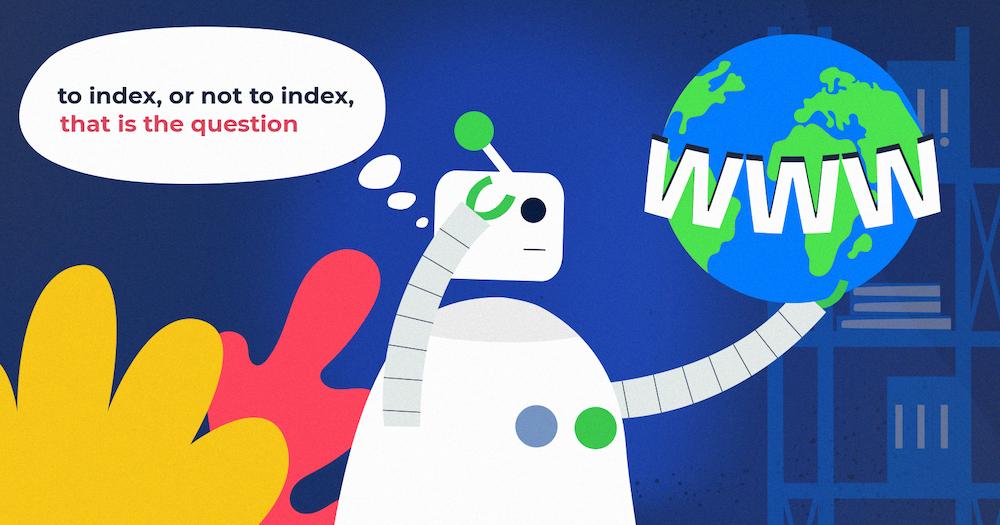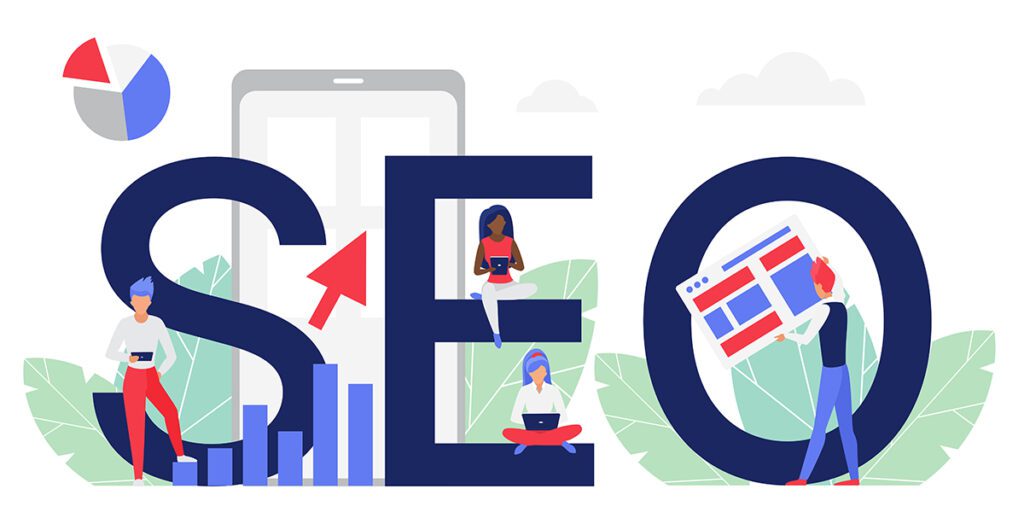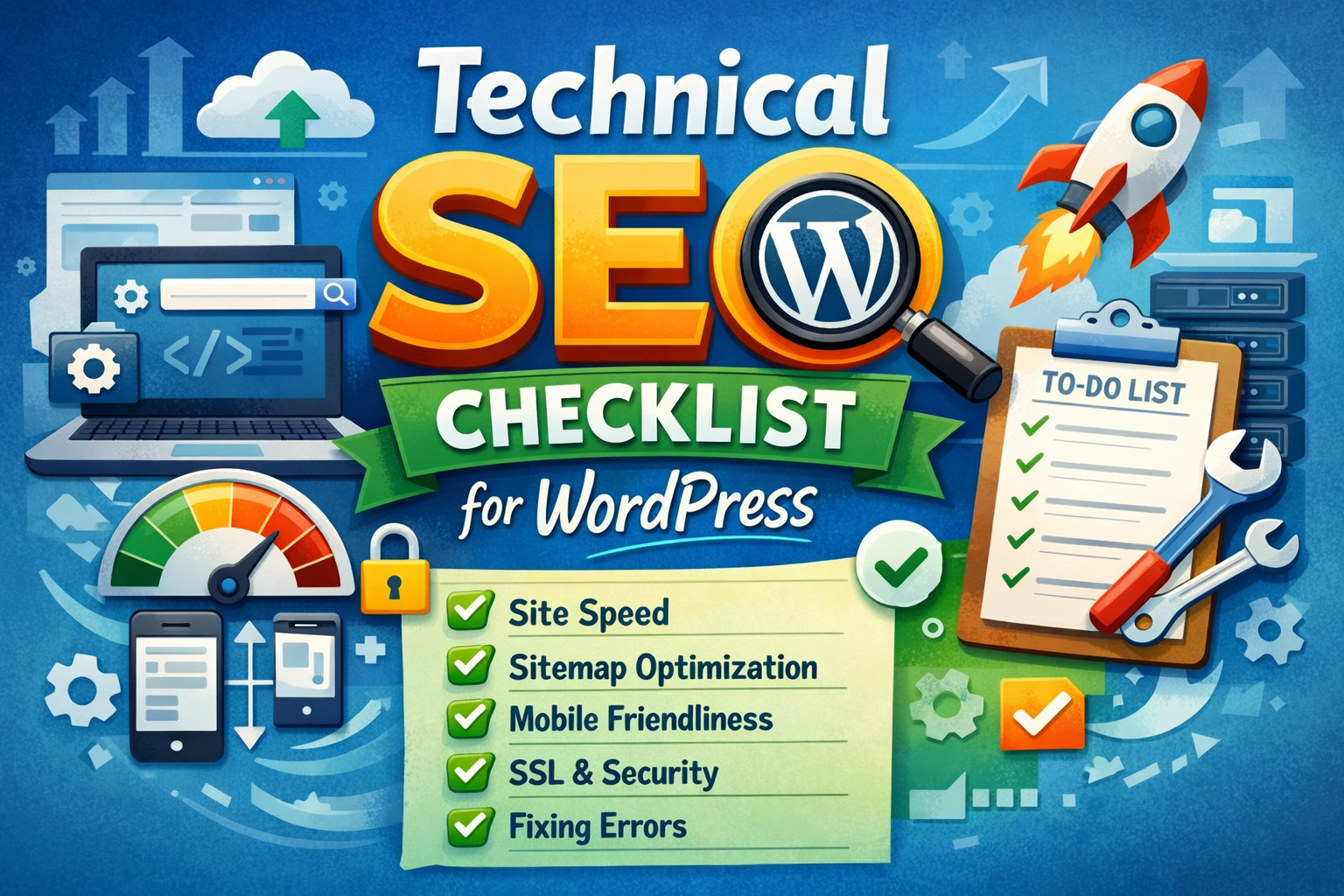What is Indexing in SEO?
In the vast realm of Search Engine Optimization (SEO), one term that frequently surfaces is “indexing.” For those navigating the intricate landscape of digital marketing, understanding the nuances of indexing is paramount. This article aims to demystify the concept of indexing, shedding light on its significance in the world of SEO.
Understanding Indexing

At its core, indexing refers to the process by which search engines organize and store information from websites into a structured database. When a website is indexed, its content becomes searchable, allowing search engines to quickly retrieve relevant information in response to user queries. This process is facilitated by web crawlers, digital agents that systematically traverse the internet to collect data from websites.
What is SEO?

SEO, or Search Engine Optimization, is the practice of optimizing a website to improve its visibility and ranking on search engine results pages (SERPs). It involves various techniques and strategies, such as keyword research, on-page optimization, link building, and content creation, to attract organic (non-paid) traffic from search engines like Google. The goal of SEO is to increase website visibility, drive targeted traffic, and ultimately improve the website’s online presence and performance.
Types of SEO
- On-Page SEO: This type of SEO focuses on optimizing individual web pages to improve their visibility and ranking on search engine results pages (SERPs). It involves optimizing elements such as meta tags, headings, content, URL structure, and internal linking.
- Off-Page SEO: Off-Page SEO refers to activities done outside of the website to improve its visibility and ranking on search engines. This includes building high-quality backlinks from other websites, social media marketing, influencer outreach, and online reputation management.
- Technical SEO: Technical SEO involves optimizing the technical aspects of a website to improve its visibility and performance on search engines. It includes tasks such as website speed optimization, mobile-friendliness, crawlability, site structure, and XML sitemap creation.
Why is Indexing Crucial for SEO?

Impact on Search Engine Rankings
The indexing of a website plays a pivotal role in determining its position in search engine rankings. Well-indexed websites are more likely to appear on the coveted first page of search results, garnering higher visibility and, consequently, more organic traffic.
Ensuring Visibility on Search Results
In the vast ocean of the internet, visibility is key. Indexed content stands a chance to be displayed on search engine results pages (SERPs), making it accessible to users actively seeking relevant information.
Enhancing Website Authority
Search engines consider the indexation status of a website when evaluating its authority. A fully indexed website is perceived as more credible, contributing to improved rankings and trustworthiness.
Indexing vs Crawling
While indexing and crawling are interconnected processes in SEO, they serve distinct functions. Crawling involves the exploration of websites by search engine bots, whereas indexing is the subsequent step, where the collected data is organized for efficient retrieval.
How Search Engines Index Content
The complex algorithms employed by search engines analyze various aspects of content during the indexing process. Factors such as keywords, relevance, and user experience contribute to the decision of how content is indexed.
Common Indexing Issues
Duplicate Content Challenges
One prevalent issue in indexing is the presence of duplicate content across multiple pages. Search engines may struggle to determine which version to prioritize, impacting the overall ranking of the affected pages.
Broken Links and Their Impact
Broken links can hinder the crawling and indexing process, leading to incomplete data retrieval. Regular link audits are essential to rectify broken links promptly.
Ways to Overcome Indexing Obstacles
Addressing indexing challenges involves implementing strategies such as canonical tags for duplicate content and fixing broken links promptly. Regular website audits are crucial for identifying and resolving potential issues.
Best Practices for Indexing
Sitemap Creation and Submission
Creating a comprehensive sitemap and submitting it to search engines facilitates efficient indexing. A sitemap acts as a roadmap, guiding search engine crawlers to all relevant pages.
Importance of Robots.txt File
The robots.txt file serves as a set of instructions for search engine bots, guiding them on which pages to crawl and which to avoid. Proper utilization of this file enhances indexing efficiency.
Utilizing Meta Tags Effectively
Incorporating relevant meta tags, including meta titles and descriptions, contributes to accurate indexing. These tags provide concise information about the content, aiding search engines in understanding its relevance.
Dynamic Content and Indexing
Dynamic content, characterized by its ever-changing nature, presents challenges in the indexing process. Implementing dynamic rendering and submitting a dynamic sitemap are effective strategies to ensure such content is appropriately indexed.
Mobile Indexing
With the surge in mobile search, search engines now prioritize mobile-first indexing. Websites that are mobile-friendly receive preferential treatment, impacting their overall search engine rankings.
Indexing and Website Architecture
The architecture of a website plays a crucial role in indexing. A well-structured website with a clear URL hierarchy enhances the efficiency of search engine crawlers, leading to improved indexing.
Monitoring Indexing Status
Webmasters can utilize various tools to monitor the indexing status of their websites. Regular audits, coupled with the use of webmaster tools, ensure that indexing is optimal, and any issues are promptly addressed.
Future Trends in Indexing
As technology evolves, so does the landscape of SEO. Voice search, powered by artificial intelligence, is emerging as a significant trend that will influence how content is indexed in the future. Staying abreast of these trends is essential for maintaining effective SEO strategies.
Voice Search and Its Influence on Indexing
As technology advances, voice search is becoming increasingly prevalent. Virtual assistants like Siri, Alexa, and Google Assistant have revolutionized the way users interact with search engines. This shift to voice-based queries introduces new considerations for indexing. Search engines now need to understand and index conversational and natural language queries effectively.
Emerging Technologies Shaping the Future of SEO
The landscape of SEO is continually evolving, and emerging technologies are at the forefront of this evolution. Artificial intelligence, machine learning, and augmented reality are anticipated to play pivotal roles in the future of indexing. These technologies not only enhance the efficiency of indexing processes but also open new possibilities for understanding user intent and delivering personalized search results.
Conclusion
In essence, indexing in SEO is the backbone of online visibility and success. From the foundational understanding of what indexing is to addressing common challenges and implementing best practices, a comprehensive approach is necessary. As we look ahead, staying attuned to emerging trends, especially the impact of voice search and advancements in technology, is key for businesses and website owners striving to maintain a competitive edge in the digital realm.
Now that you’ve gained insights into the intricacies of indexing, it’s time to apply this knowledge to optimize your website’s performance in search engine rankings. Remember, a well-indexed site is a step closer to reaching your target audience and achieving online success.


